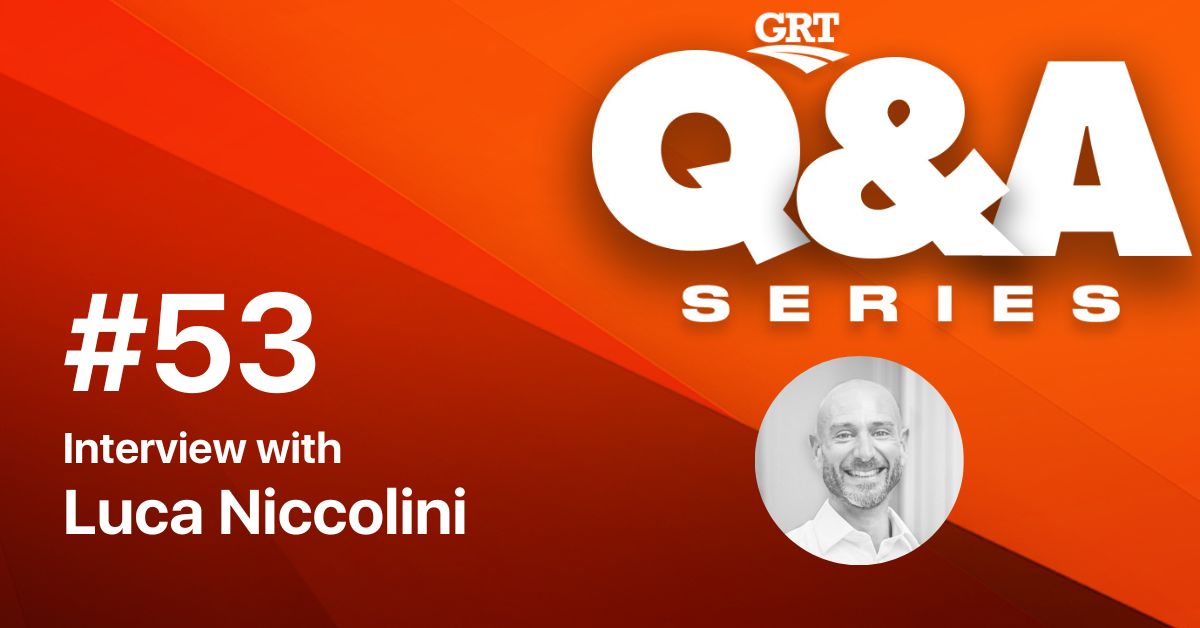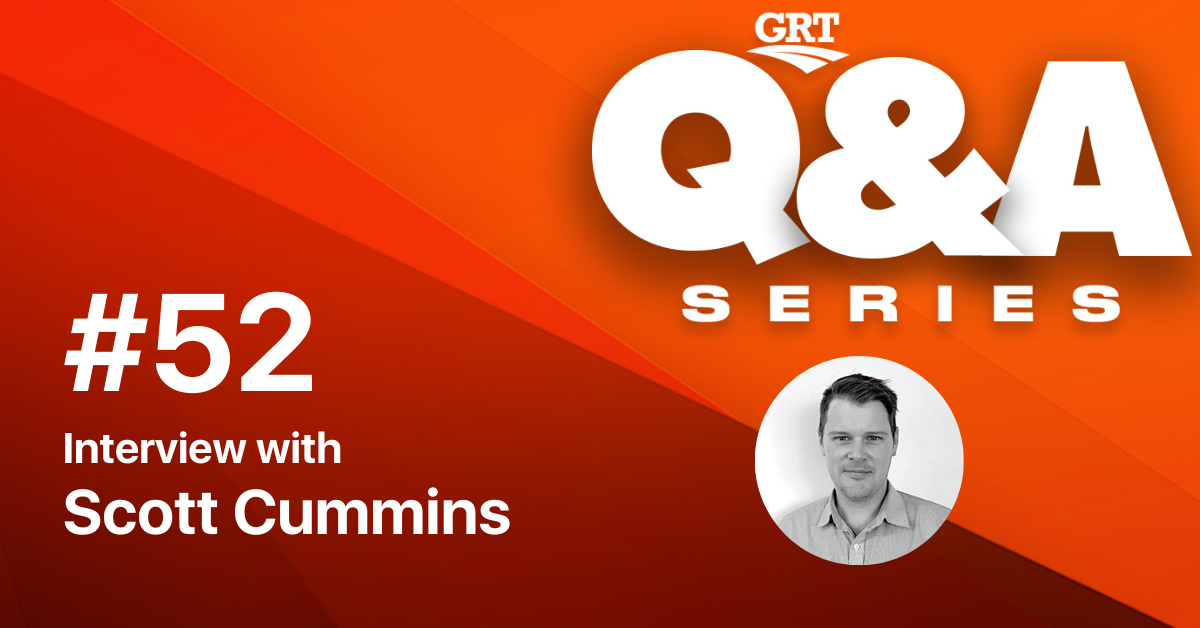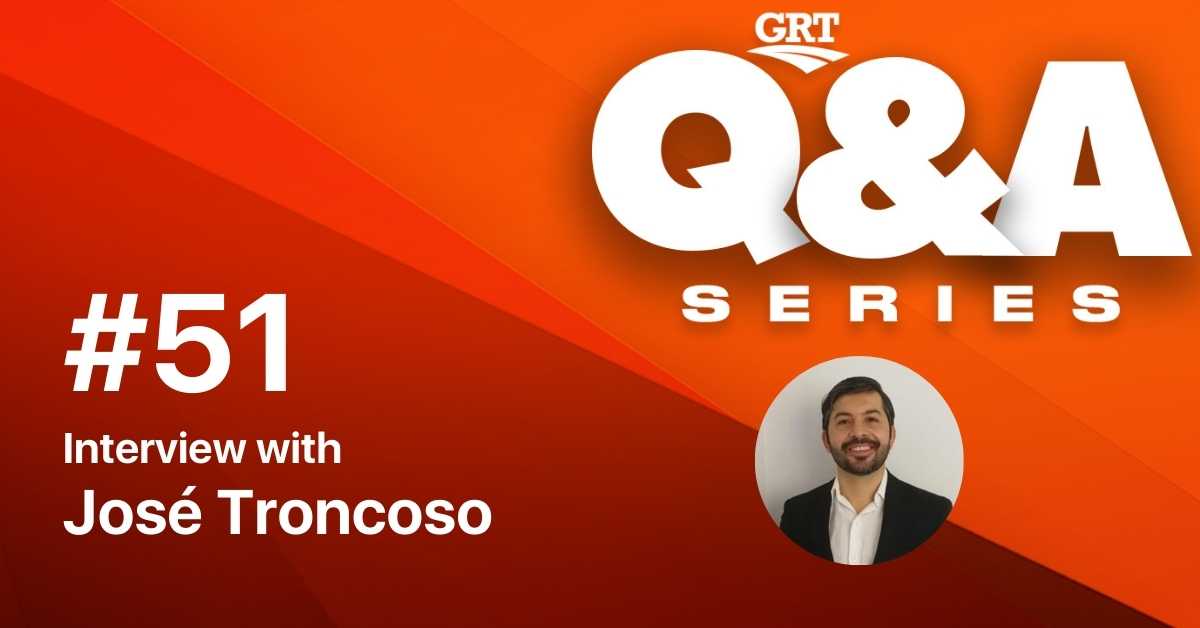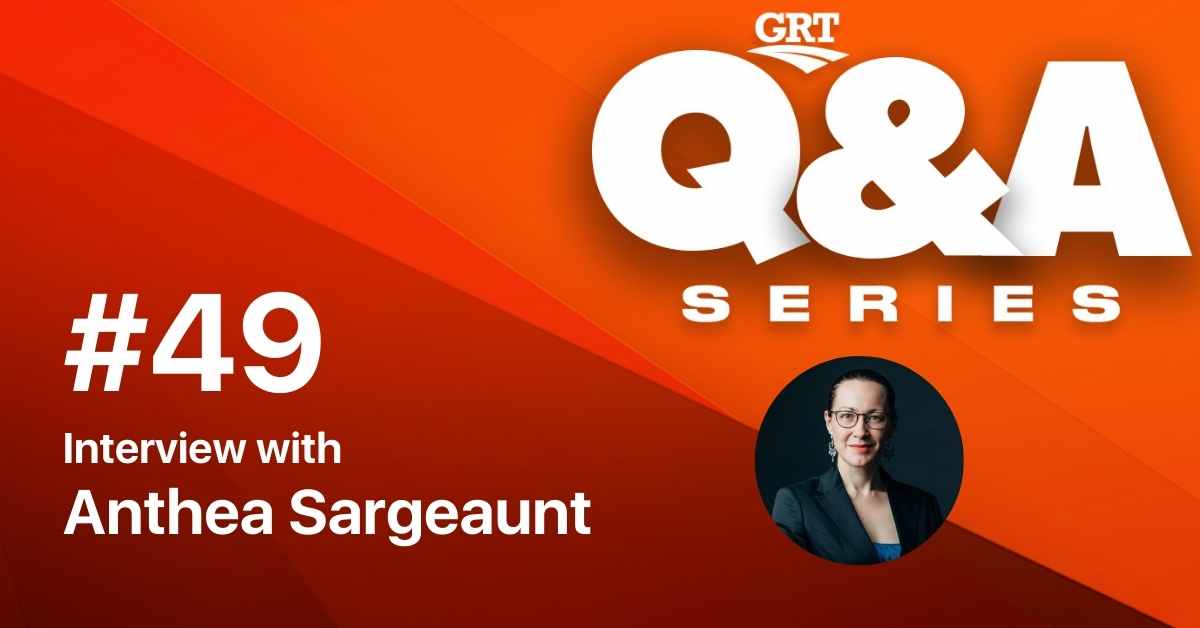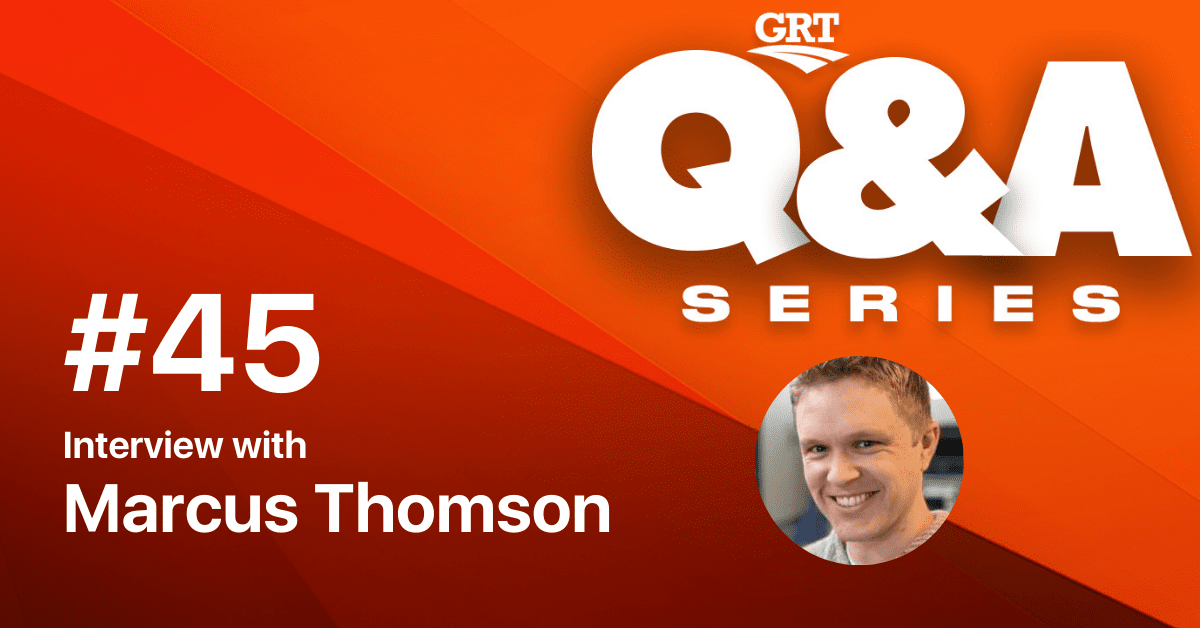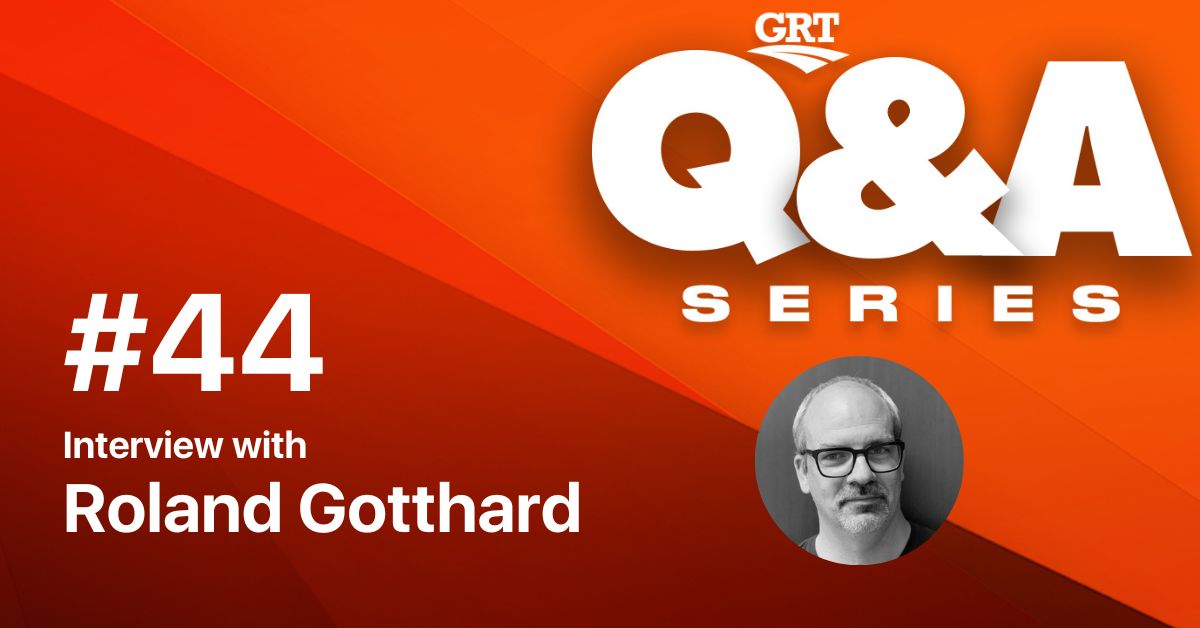Q&A series #40 : Interview with Rodney Hooper
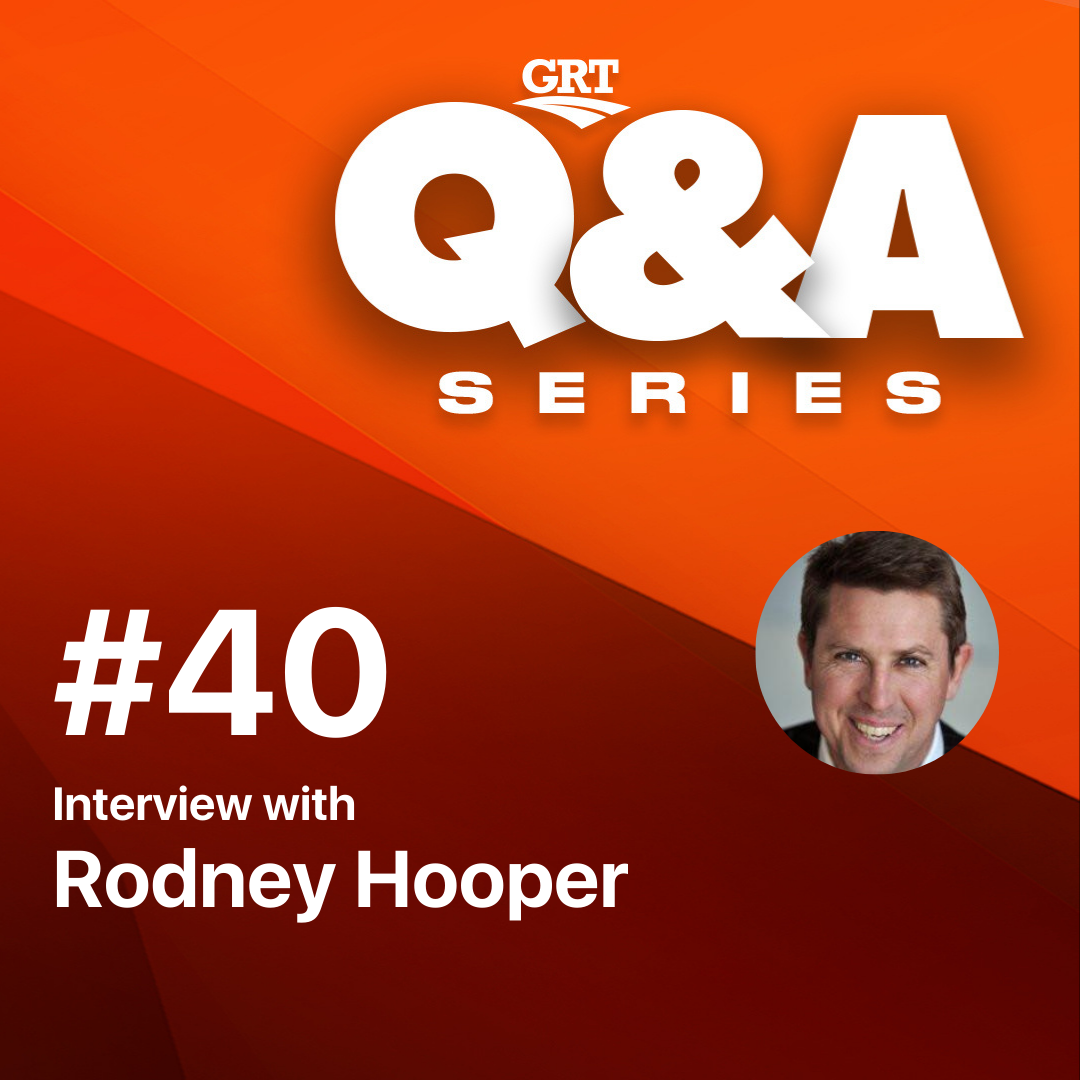
About the guest
Rodney started his career in asset management in 1992 and became a portfolio manager and head of derivatives and quantitative research. He has previously been ranked amongst the top 3 derivatives analysts in the independent Financial Mail surveys. From 2005 to 2008, based in London, he ran a proprietary mining book for a large bank focusing on early-stage commodity companies, in particular, iron ore, copper and nickel. From 2009 – 2015 Rodney ran the South African equity derivatives desk for Macquarie Bank and sat on the executive committee. Since 2015 he has been providing energy vehicle battery metals research and investment advisory to clients. Rodney holds a B.A. honours degree in Economics from the University of Natal and a CFA. In addition, he is a fellow of the Institute of Financial Markets in South Africa. Rodney regularly publishes articles on key lithium battery issues and individual share reports.
Topic of discussion: Unpacking the lithium & other EV battery metals market.
EV sales are set to increase from 3 million new cars in 2020 to 40 million new EVs in 2030. That means we need ten times more lithium in less than ten years.
The battery industry has forecasted revenues of over $168 billion by 2030 compared to $55 billion in 2020 equivalent to a 14% compound annual growth rate (CAGR).
RK Equity Advisors is a leading proprietary research and capital markets advisory firm with a global reach focused on the lithium-ion battery materials supply chain.
Based in New York City and Cape Town South Africa, RK Equity’s clients and audience reach over 50 countries in North and South America, Europe, Australasia and Africa.
The two partners of the firm each have over 25 years’ experience in investment banking, portfolio management, corporate advisory, equity and derivatives sales and investor relations.
Their services include:
- Proprietary industry and equity research
- Expert capital markets and structuring advisory
- Bespoke investor relations solutions & capital introduction.
In this GRT Q&A Series, we caught up with Rodney Hooper a Partner at RK Equity Advisors, Our discussion unpacked the lithium & other EV battery metals market. Rodney is based in Grand Bay, Rivière du Rempart, Mauritius.
Q1) A warm welcome to the GRT Q&A Series, Rodney. It’s a pleasure and honour to have you. Please tell us more about your journey to date and details about your role as a Corporate advisory (lithium & other EV battery metals)?
Thanks, Keith. About 6 years ago I did an analysis of the cost and competitiveness of renewable energy and the viability and quality of EVs and decided to devout my future to EV battery metals and in particular the irreplaceable metal, lithium. I spent over 2 years day and night reading and studying the lithium market and 3 1/2 years ago partnered with Howard, the original founder of RK Equity, the company name we operate under. In that time we’ve seen the lithium market go from bust to boom and we now consult with a number of junior and development companies focussing on the North American and European supply chains. In addition, we have nickel, graphite and titanium clients and we consult with large global fund managers. We provide a range of services to the EV battery metal companies that target maximizing shareholder value and minimizing dilution as the company progresses along the development curve. Junior/development mining companies are always cash hungry so the timing and valuation of an equity raise or the introduction of a strategic partner are critical.
Q2) Can you please break down the recent lithium market boom for us? What happened, what is currently happening and what can we expect to happen?
One must clearly differentiate between battery grade and non-battery-grade lithium. The battery-grade lithium market went into a supply deficit in late 2020 according to our calculations and has been that way ever since. Incumbents drew down on inventories to supply downstream demand. The lithium industry warned downstream clients that there would be insufficient supply to meet bottom-up EV sales estimates but these warnings were ignored. In 2021 and 2022 demand has far outstripped supply and all working inventories are now depleted. Inevitably that caused a rise in prices. As the rising cost of lithium translates into higher battery pack prices OEMs have had to make a choice – raise prices or earn lower margins. EV sales in China have slowed in April/May as Covid lockdowns are enforced, this has temporarily eased demand pressures. There are also claims that China’s brine production will rise soon and will further ease market pressures. We disagree. Our analysis suggests available battery grade lithium supply will cap EV sales at 8-8.5M in 2022. Most analysts have EV sales forecasts of 10M or more – suggesting lithium prices will rise again once China comes back fully on stream. We see the battery-grade lithium market remaining in a structural deficit for the next few years as a minimum.
Q3) EV battery metals have been very topical lately. How important are they for the future of the EV industry? Is there enough supply for the projected EV industry plans by the different manufacturers?
EV battery metals are critical to EVs and the lithium-ion battery delivers a performance perfectly suited to the needs of consumers. Replacing the lithium-ion battery will be a challenge. OEMs have focussed on downstream investment and left EV battery metal production to chance. EV battery metal supply or the lack thereof is going to restrict EV sales for some time – for now, it’s lithium causing the bottleneck but graphite and nickel will soon cause similar issues. Shortages of lithium and graphite will cause issues for both NMC and LFP battery chemistries.
Q4) What changes must be made to sustain the supply/demand gap of lithium? How do we avert industry crippling shortages we have seen lately?
Tesla and other OEMs have signed offtake agreements to try and avert near term supply shortages. However, almost all near term supply is now spoken for and the industry has a long history of delayed production ramps and issues meeting qualification standards. The kneejerk reaction will be for OEMs/cell manufacturers etc to enter into JV or M&A transactions with existing projects. That won’t solve the crippling shortages coming up. The only way the industry averts a longer-term shortage is to make meaningful investments that bring more assets online. Further, governments are going to need to offer assistance with the permitting process and timelines and offer debt funding on subsidized terms. Essentially provide the EV battery metal industry with the same support that parts of the US oil industry were given.
Q5) How difficult is it to expand lithium production? Is the sell-side consensus on capacity expansions in battery materials way too optimistic?
There’s the issue of expanding lithium capacity and then there’s the reality of expanding battery-grade lithium production – two very different things. Covid has added to an already challenging environment in the lithium industry. Skills shortages and rising capital costs are often overlooked. The sell-side underestimates how long it takes to qualify new material from a new producer. The biggest mistake that the sell-side makes is how they calculate demand in order to determine if there is sufficient supply. Using installed capacity or even battery sales as the reference point for battery-grade lithium demand is wrong – cathode production is the most accurate indicator (less recycling).
Q6) What are some of the challenges you have faced and overcome in lithium and EV battery metals research and corporate advisory? What keeps you going?
We survived the bear market in 2018-2020 when no one in the investment community wanted to hear about lithium. We kept the faith and built credibility within the industry and with development companies looking to grow. When the market turned our commitment was rewarded. Howard and I have built a strong working relationship and we enjoy what we do and the people we work with – we don’t see them as clients – we see them as partners. Over and above that I have a very supportive family that has kept me going and has been the foundation of my success.
Learn more about the lithium batteries and Ev battery metals at : https://www.rkequity.com/

Keith Nare
Technical Head of Communications for GRT, Keith leads GRT's content strategy across various platforms, whilst coordinating internally to build the voice and opinions of the GRT team. Keith is a product of Nelson Mandela University and his PhD work focuses on Polymer and Physical Chemistry. He was a Research Associate at SANRAL in South Africa and later spent time as a Visiting Research Associate to NTEC at the University of Nottingham in the UK. He is a former Director of Communications for CALROBO in the USA.
Keith is passionate and enthusiastic about health and safety, sustainability, networking and finding synergy through conversations.
